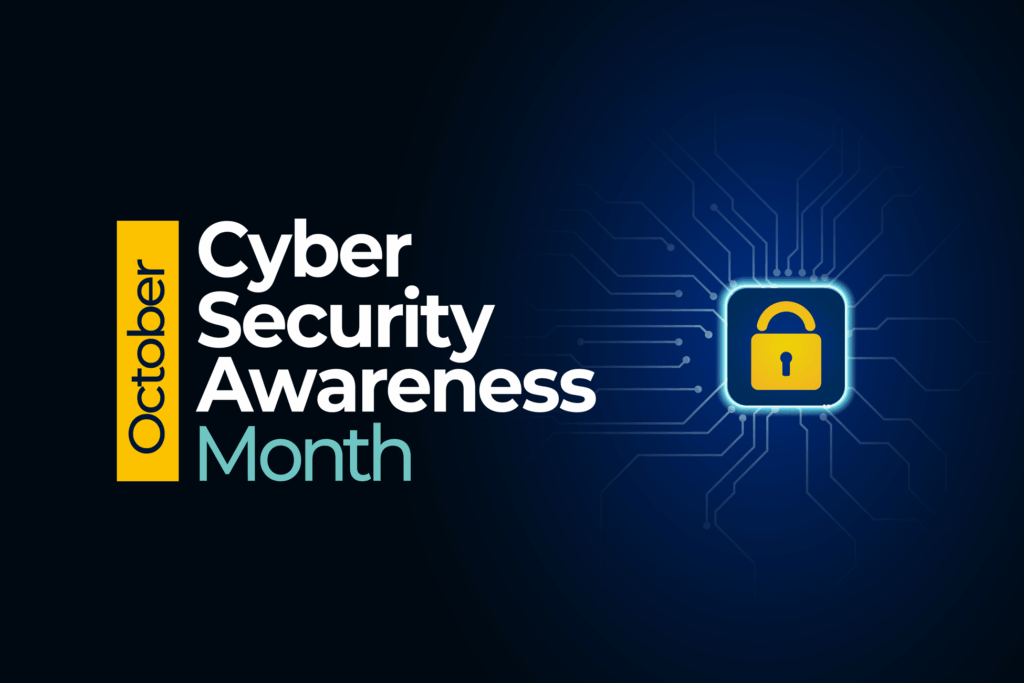One of the most valuable assets for an organization, the data it collects and keeps can also be one of its greatest liabilities if not looked after properly.
Next to what is in its bank account, data is one of the most sought-after resources adversaries target from an organization. Data – be it client records or proprietary information – is the next best thing to money, and can be leveraged for financial gain.
Discussions about keeping data safe usually include terminology such as “data privacy,” “data security,” and “data governance.” While these terms indeed have a place in such conversations, they are often misused and misunderstood.
Both individually and collectively, all three elements of data protection are vitally important to creating a well-rounded and successful data management strategy. But before a strategy can be developed and implemented, it is critical to understand each term and its function in keeping data safe and in compliance with laws and regulations.
Understanding Data Privacy vs. Data Security vs. Data Governance
The terms “data privacy” and “data security” are often used interchangeably. “Data governance” is also often misunderstood and used improperly.
Though closely related and all parts of a strategy for data management, these elements are distinctly different from one another.
What is Data Privacy?
Data privacy – sometimes also referred to as “information privacy” – focuses on how data is handled. More specifically, it is the laws and regulations for how organizations collect, process, store, and share protected data.
In most countries, data privacy is a right, and individuals have the final say in how an organization manages and shares its data, including:
- Name
- Address
- Social security number
- Financial information
- Health information
Driven primarily by the sharp uptick in data breaches in recent years, awareness of the importance of data privacy has increased. As breaches have become more frequent, sophisticated, and impactful, more governments at all levels have enacted laws aimed squarely at improving data privacy. Fines for those found breaking data privacy laws have followed suit, with more organizations being financially penalized for non-compliance.
What is Data Security?
Data security refers to the processes and procedures that protect data from unauthorized access, use, or alteration. At their core, data security measures keep data from falling into the hands of those with malicious intent.
Some of the most common data security mechanisms include:
- Firewalls
- Encryption
- Network access control
- Multi-factor authentication
There is no one-size-fits-all data security solution. As every organization is different, so are the frameworks that keep their data safe. Data security processes vary by organization and are largely rooted in:
- Industry
- Type(s) of data collected
- Database size
- Regulatory guidelines
Regardless of what an organization’s data security program looks like, next to maintaining a framework is having documentation of the implemented controls. Should an infiltration occur, an organization has written proof of its efforts to keep its data protected.
What is Data Governance?
Data governance is the foundation on which the pillars of data security and privacy stand. In simplest terms, data governance is the internal policies for how an organization handles data it collects. Data governance comprises:
- Data retention policies
- Data storage locations
- Access controls
- Decision-making procedures and authority
- Contingency plans
- Auditing procedures
Ultimately, data governance ensures that data is used in a safe and responsible manner from the moment it is collected to when it is archived or deleted.
The better the data governance model, the better and stronger the accompanying data privacy and security measures are.
What Data Privacy, Security & Governance Mean for Cyber Insurance
A safety net in the event of a breach, cyber insurance policies are invaluable to organizations of all types. However, obtaining a policy that delivers when an organization needs it to does not happen easily. Insurers are not looking to provide protection to an organization it views as high-risk with glaring gaps in its cybersecurity and data protection.
Most insurers take an in-depth look at an organization’s existing cybersecurity and data privacy practices before drawing up a policy. It is standard practice for insurers to require applicants to fill out lengthy and detailed questionnaires that dive deep into how an organization handles data privacy and security.
Having robust data security, privacy, and governance helps satisfy the insurer’s concerns and may translate to substantially lower premiums. Without them, an insurance provider may outright deny coverage or require an organization to develop and implement data management controls to obtain a policy.
Streamline Applying for & Keeping Cyber Insurance
Download our free e-book, “A Compendium for Obtaining & Retaining Cyber Insurance.”
Simplifying Data Privacy, Security & Governance for Cyber Insurance
Though data privacy, security, and governance are base-level terms in data management, creating and maintaining the policies and procedures for each is not a simple task. Working with a cybersecurity and data privacy partner makes addressing all three light-years easier.
In applying for cyber insurance, a cybersecurity and data management partner is worth its weight in gold. When filling out insurance application questionnaires, they are able to “speak the language” insurers want to see in completed application questionnaires. They are also able to identify shortcomings in existing data protocols and provide actionable recommendations before an insurer does. Using the latest tools and best practices, a cybersecurity and data management partner handles the necessary testing and implementation of processes that keep a network and its data secure and in compliance.
Should a data breach occur, a relationship with a cybersecurity and data privacy partner again pays off, as they are immediately hands-on helping with recovery and response– something insurers pay attention to.
Cohesion Between Data Privacy, Security & Governance
Data privacy, data security, and data governance are all important aspects of keeping data safe and handling it within regulations. Though serving different purposes, each element is critical for maintaining a well-rounded and balanced data management strategy.
Remember: There is never a conflict between data privacy, security, and governance – all three complement each other in an effective data management strategy.
Align Your Data Privacy, Security, and Governance Protocols
Contact us today to learn more about how we can help your organization master its data management strategy.







